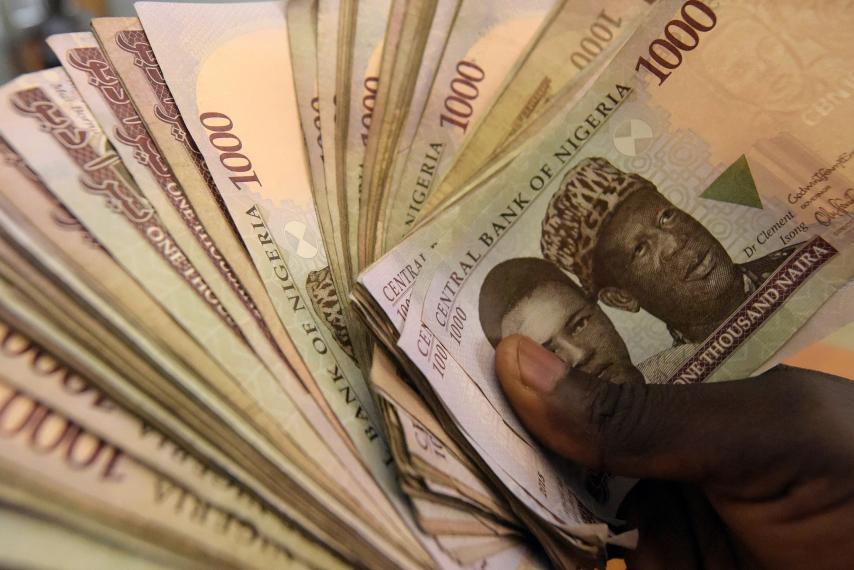Finance
Travelex, CBN, EFCC to Improve BDCs’ Operations

- Travelex, CBN, EFCC to Improve BDCs’ Operations
Travelex Nigeria Limited, a subsidiary of Travelex UK, in collaboration with the Central Bank of Nigeria and the Economic and Financial Crimes Commission has concluded plans to engage the Bureau De Change in international best practices.
As part of efforts towards ensuring transparency in the foreign exchange market, it said in a statement that the engagement, a two-day national seminar on best practices in the BDC segment of the foreign exchange market in Nigeria, would start today (Thursday).
It added that the seminar would highlight a major cooperation between Travelex and the CBN as well as other key financial services regulatory authorities in the country.
According to the statement, key presenters at the seminar are the Deputy Governor of the CBN on Financial System Stability Directorate, the Chairman of the EFCC, Director-General of the Nigeria Financial Intelligence Unit, Managing Director/CEO Nigeria Inter-Bank Settlement System as well as the President of ABCON alongside experts and technical personnel from Travelex UK.
According to a statement signed by the General Manager, Travelex Nigeria, Anthony Enwereji, some of the topics to be discussed are: BDC and anti-money laundering laws and regulations; Detection and prevention of illicit financial flows in election year; International best practice in BDC operations; How BDC work in order climes; Standard reporting guidelines on BDC returns; Application of IT in facilitating BDC operations; and Practical effects of CBN policies on BDC operations.
The statement said, “The core objective of the seminar is to harmonise the practices and procedures in the nation’s BDC subsector by bringing them in line with international best practices.
“In addition, the seminar is slated in the countdown to the general elections in Nigeria to help the BDCs guard against facilitating illicit financial flows associated with the season of campaign financing. African countries lose more than $50bn annually through illicit financial flows.”
The statement added, “It is estimated that $100bn a year, about four per cent of Africa’s GDP, has been illegally earned, transferred, or used, much of it due to mis-invoicing. This retards Africa’s growth; weakens public institutions and rule of law; discourages the culture of paying taxes and value-addition to natural resources; and results in countries over-relying on official development assistance.”